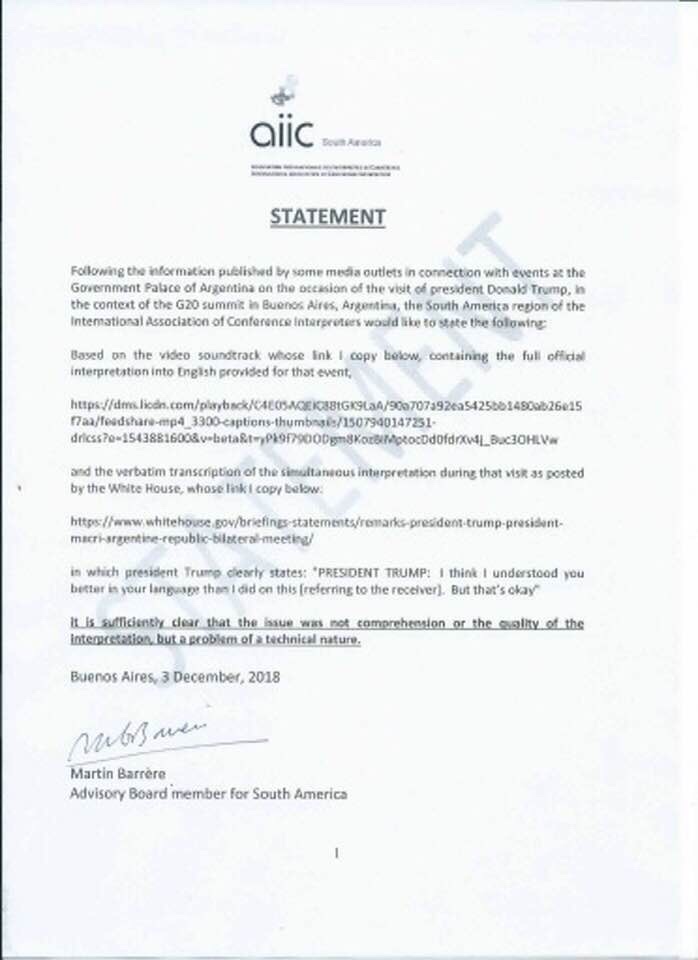Every freelance interpreter has met a complaining client in his or her professional life. Managing clients’ complaints effectively is a good way to create and maintain a good reputation on the market and – why not – show clients that they are dealing with a service provider who cares about co-creating value.
Let’s be honest: dealing with disgruntled clients is something nobody likes. Running a business, in fact, means caring very deeply about one’s own work and putting reputation behind every translation or interpreting event. Whenever a client questions our competence, integrity, or ethos, we all feel deprived of something. In a normal setting, a pro would at least call the client to understand the reasons for dissatisfaction (I honestly believe phone calls are a better instrument than a cold e-mail), or contact him/her as soon as possible, admit to the mistake, if any; apologize, if needed; and learn lessons to make it better the next time.
There are cases, however, when talking to your client is not possible, especially when he is a Very Very Important Person such as, say, the President if the United States of America.
During the last G20 Summit in Argentina, President Trump dropped the earpiece that conveyed the translation into English of the speech of Argentinian President, and said he could understand Mr. Macri’s words better without the earpiece than with it.

Quite a bitter reaction, but nothing unusual considering his regular attitude. And a tough time for the interpreter, one could imagine. Well, it seems the issue was not the interpreter, but rather the earpiece itself, hence a technical problem.
This moment has been covered by all media and spurred a great debate on social media, to the extent that Martin Barrère, a member of AIIC Advisory Board for South America, issued a statement on December 3 about the quality of interpretation provided during the meeting.

This raises several questions on how to manage VVIP complaints and the correct posture to adopt with respect to his/her staff members, or the very role of professional associations.
What are your thoughts? How would you have managed this or a similar situation?
#1nt #xl8
